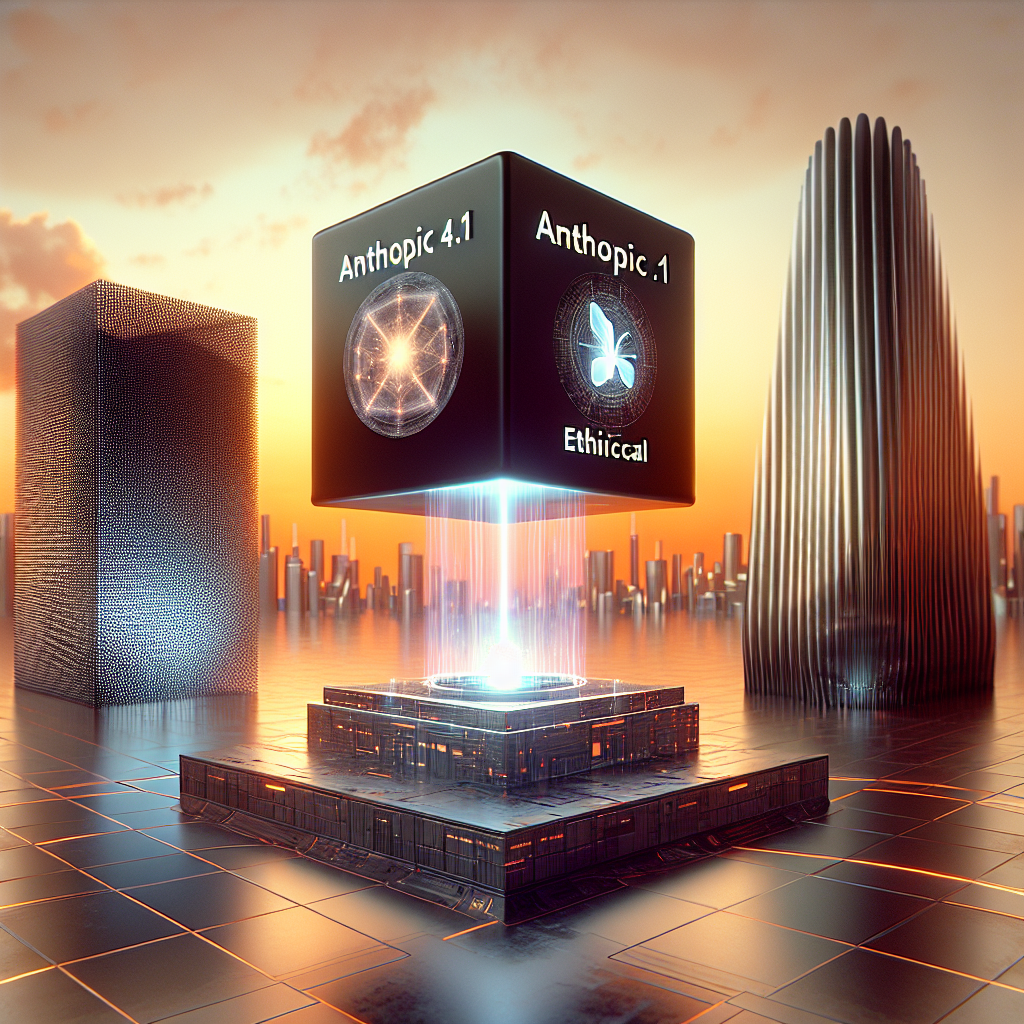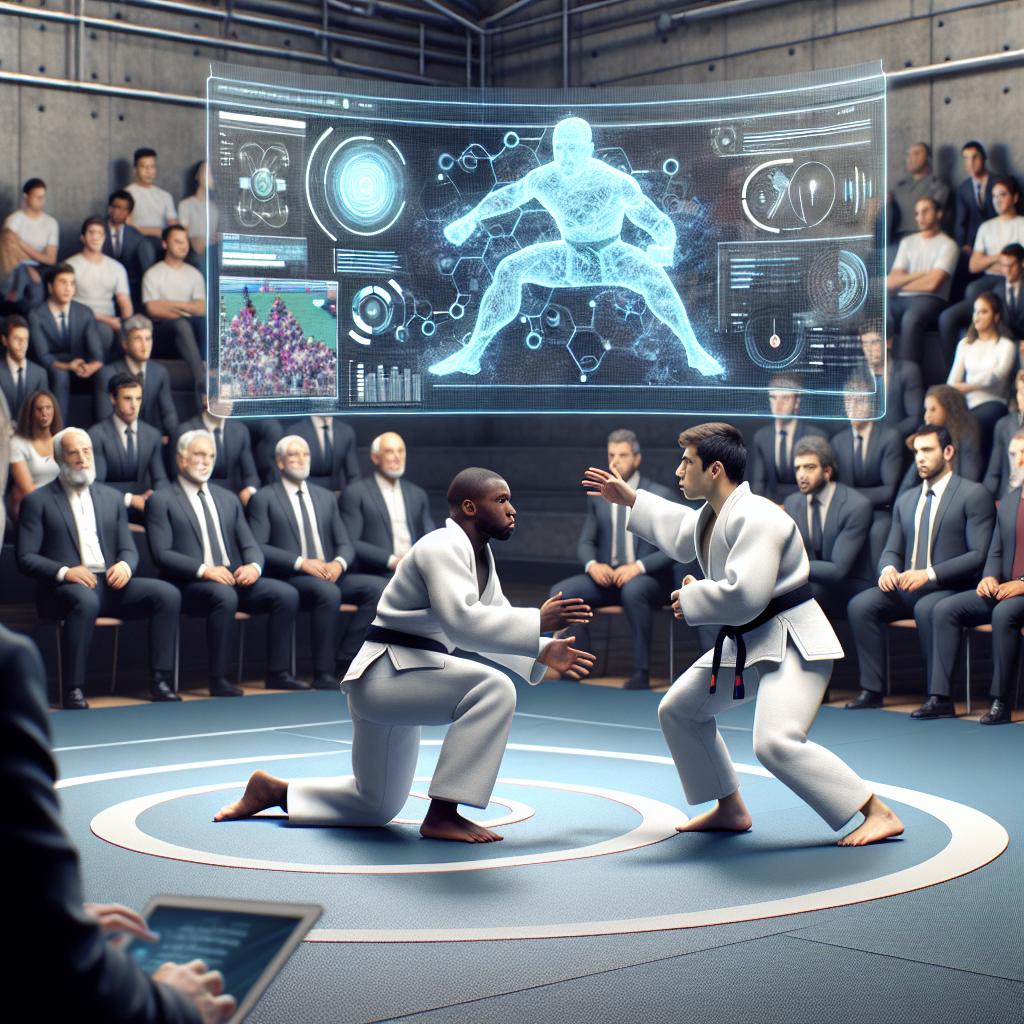In a significant move within the artificial intelligence sector, Anthropic, the San Francisco-based AI startup, recently announced the release of Claude Opus 4.1, an advanced version of its AI chatbot, which aims to compete with OpenAI’s widely popular ChatGPT. This development comes as AI technologies continue to evolve at a rapid pace, pushing boundaries in machine learning and natural language processing applications.
Founded by former OpenAI employees who were integral to the development of groundbreaking AI models, Anthropic has been strategically positioned as a competitor in the AI landscape. The company’s latest release, Claude Opus 4.1, is described as being more refined in handling complex dialogues and providing responses with reduced biases—a crucial aspect given the ongoing concerns regarding AI ethics.
Claude’s new version boasts improvements that are specifically designed to tackle issues related to reliability and safety, which have often been points of contention in AI development. Such enhancements are likely to resonate in industries gravitating towards implementing AI for critical communications, like customer service and therapeutic aids, where accuracy and sensitivity are paramount.
Anthropic’s approach to AI development emphasizes ‘constitutional AI’, a framework designed to ensure AI behaviors are aligned with a set of guiding principles intended to promote ethical outcomes. This is part of a broader movement within the AI community to address the ethical challenges posed by autonomous machines and learning systems.
The rivalry between Anthropic and OpenAI underscores a larger trend in the tech industry where companies are continuously upgrading and refining their AI models to capture market share and influence the trajectory of technological advancement. Both companies are at the forefront of AI technology, pushing the envelope on what AI systems can achieve in terms of realism and user engagement.
As highlighted by industry analysts, the race is not just about technological supremacy but also about defining the ethical boundaries of AI usage. The latest version of Claude, with its emphasis on reduced biases and enhanced safety, represents a crucial step forward in this ongoing endeavor.
As we look to the future, the implications of these advancements are profound. The ability of AI systems like Claude and ChatGPT to understand and generate human-like text broadens their potential applications across sectors. However, it also raises significant questions about the impact of AI on information dissemination, privacy, and the nature of human-machine interactions.
Companies like Anthropic are not only influencing the commercial AI landscape but also contributing to the broader dialogue on how humanity will coexist with machines that increasingly mirror our own capabilities to think, learn, and interact. This underscores a pivotal chapter in the evolution of AI—one that is as much about technological innovation as it is about the philosophical dimensions of artificial intelligence in modern society. As developments continue, the focus will inevitably shift towards not only what AI can do but also what it should do, marking a critical reflection point for all stakeholders involved in its proliferation and regulation.



